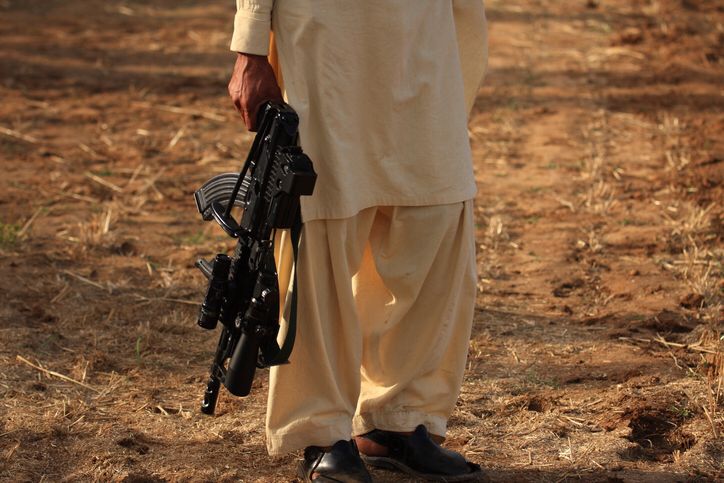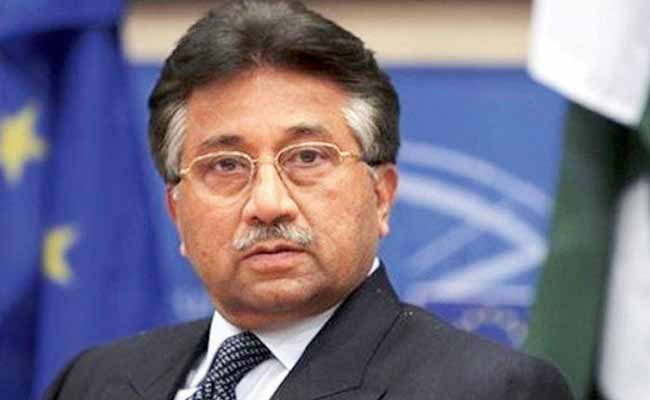Renewed Violence on Pakistan-Afghanistan Border Claims Dozens of Lives

New Delhi | October 15, 2025 Fresh clashes erupted along the volatile Pakistan-Afghanistan border on Wednesday, resulting in the deaths of more than a dozen civilians and troops, undermining a fragile peace after weekend confrontations that left dozens dead. The latest violence marks the continuation of hostilities along the contested 2,600 km (1,600-mile) frontier, which has remained tense since the Taliban assumed power in Kabul in 2021. The Afghan Taliban reported that early Wednesday attacks by Pakistani forces in Spin Boldak district killed more than a dozen civilians and injured around 100 others. In contrast, Pakistan said four of its civilians were wounded by “Taliban forces” in the border district of Chaman, directly across from Spin Boldak. In a separate incident in Pakistan’s Orakzai district, clashes between troops and militants claimed the lives of six Pakistani paramilitary soldiers and left six others wounded, according to local security officials. Nine militants were also killed during the confrontation, which occurred during a search operation following a militant attack last week that killed 11 Pakistani soldiers. Pakistan’s military dismissed Kabul’s claim of attacks in Spin Boldak as “outrageous and blatant lies” and did not immediately comment on the Orakzai incident. The renewed tensions follow Islamabad’s repeated demands that the Afghan Taliban address militant activity originating from Afghanistan, which Islamabad alleges targets Pakistan from across the border. Meanwhile, the Taliban accuses Pakistan of spreading misinformation, sheltering ISIS-linked militants, and deliberately provoking border incidents to destabilize Afghanistan. Pakistan has consistently denied these allegations and cited attacks carried out by ISIS-K, the regional affiliate of the Islamic State, which opposes the Taliban and has targeted civilians, officials, and foreign interests inside Pakistan. Following the violence, several border crossings were shut, halting trade and leaving scores of vehicles carrying goods stranded. Pakistan serves as the primary source of food and essential supplies for landlocked Afghanistan, making the closure particularly disruptive. The recent clashes have drawn international attention, with China urging protection for its citizens and investments in the region, Russia calling for restraint, and U.S. President Donald Trump offering to mediate to help end the conflict. The timing of the tensions coincides with Afghan Taliban Foreign Minister Amir Khan Muttaqi’s visit to India, Pakistan’s regional rival. During the visit, India and Afghanistan agreed to strengthen diplomatic ties, with India planning to reopen its embassy in Kabul and the Taliban preparing to send diplomats to New Delhi. The visit underscores the complex regional dynamics that intersect with ongoing border disputes, further complicating peace efforts. As violence persists, the humanitarian situation on the Pakistan-Afghanistan border remains precarious, with civilians caught in the crossfire and trade disrupted. Analysts warn that without sustained dialogue and coordinated efforts to manage security concerns, sporadic clashes could escalate further, threatening stability along one of the most sensitive frontiers in South Asia. The latest incidents highlight the fragility of peace between the two neighbors and the urgent need for diplomatic intervention to prevent a broader crisis. Dozens Killed in Fresh Clashes on Pakistan-Afghanistan Border Renewed fighting erupted along the Pakistan-Afghanistan border, killing more than a dozen civilians and troops. The Afghan Taliban reported heavy civilian casualties in Spin Boldak, while Pakistan said four civilians were injured in Chaman. In Orakzai, clashes between Pakistani forces and militants left six soldiers and nine militants dead. The violence follows recent demands by Islamabad for the Taliban to curb cross-border attacks, while the Taliban accused Pakistan of sheltering militants. Several border crossings have been closed, disrupting trade. The incidents coincide with the Taliban Foreign Minister’s visit to India, highlighting ongoing regional tensions and the urgent need for dialogue to prevent further escalation.




